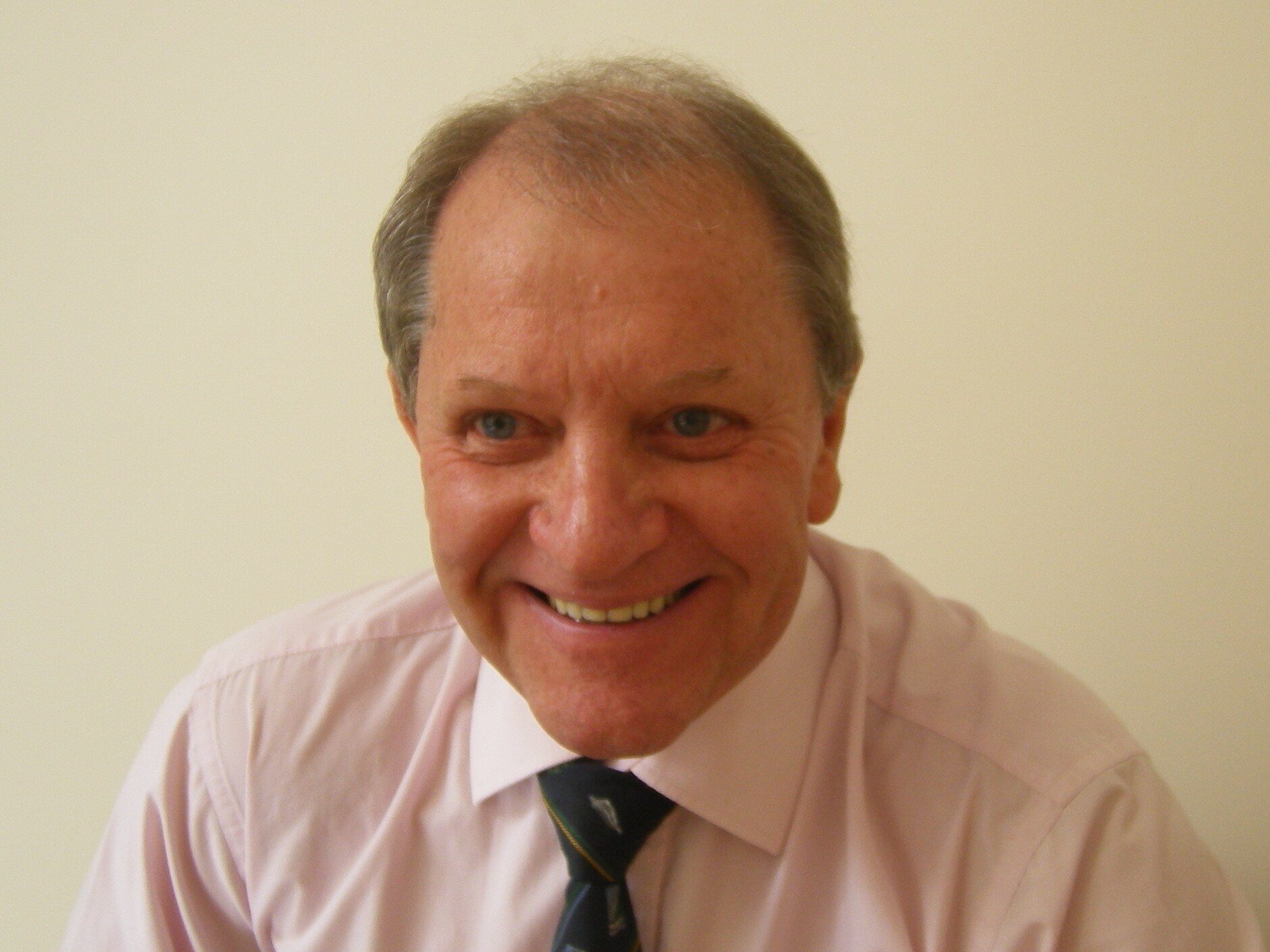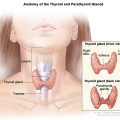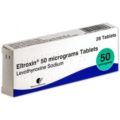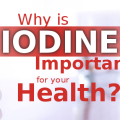STANDARD THERAPY VS FUNCTIONAL MEDICINE THERAPY
A 2008 online survey of hypothyroid patients revealed significant dissatisfaction with standard L-T4 (Levothyroxine), (Eltroxin) therapy, with more patients having greater satisfaction with dessicated thyroid extract (DTE) L-T4/ L-T3 (Levothyroxine / Liothyronine) in combination, (NPThroid , Armour Thyroid)with respect to fatigue, lack of energy, memory decline, depressed mood and unwanted weight gain.
(Thyroid 2018; 28:707-721, Peterson SJ )

Many studies reveal that increasing or changing the dosage of L-T4 (Eltroxin) does not improve symptoms of hypothyroidism in large numbers of patients.
(J Clin Endocrinol Metab 2006;91:2624-2630, Walsh JP) and J Clin Endocrinol Metab 2018;103:1997-208, Samuels M H).
In my long standing treatment of hypothyroid patients (over 30 years) I have found that the standard practice of reliance on TSH and T4 to diagnose and treat hypothyroidism is not adequate or helpful for a large number of patients.

Since tetraiodothyronine (T4) (Eltroxin) is an inactive thyroid pro -hormone, and requires conversion into the active triiodothyronine hormone (Free T3) before signs and symptoms of hypothyroidism are abated, those sections of the population who do not possess the required enzymes for such conversion, (ie. tetraiodothyronine 5’ deiodinase D1 and D2), will not be able to effect the required conversion, and will therefore continue to suffer symptoms of hypothyroidism despite being given T4 (Eltroxin) therapy, regardless of dosage.
D1 and D2 enzymes are essential to catalyse the deiodination of T4 into T3 in the extrathyroidal tissues, such as liver, brain, heart and pituitary, and with large sections of the population devoid of these enzymes, because of polymorphisms (SNPs) at the gene level, many people continue to experience the morbid symptoms of hypothyroidism despite being medicated with Eltroxin, regardless of the dosage.
Furthermore, reliance on the standard reference range for TSH at (0.4-5.0 mU/l) is likely to underestimate and result in under treatment of hypothyroidism, since tissues are closest to euthyroidism at TSH of (0.3-3.0 mU/L) and even lower. (Clinic Investig 2015:125:769-781, Werneck de Castrol)
Thyroid status and dose adequacy of T4 (Eltroxin) cannot adequately be defined by the putative gold standard of TSH in these conditions because TSH concentrates within the accepted range may not invariably signal optimum concentrates of the peripherally active Free T3. (EuroJ Endocrinol 2013;168; 271-280, Hoermann R.)
“These biochemical facts challenge the perceived role of TSH as an exclusive standard in assessing dose adequacy in Thyroid replacement therapy”.
“Safety concerns about the use of T3 or T4/T3 replacement therapy in hypothyroidism are unfounded, as revealed in the Scottish TEARS study in 2016, with no increase in risk for cardiovascular disease, atrial fibrillation or fractures, when adjusting for age”.
( Clin Endocrinol 2016; 85:918-925, Leese GP et al)
Because of the growing awareness of clinical benefit for combined T4/T3 treatment of hypothyroid patients, demands for combination therapy (NPThroid or Armour Thyroid) have increased significantly in USA, Canada, Australia and most European countries in recent years.
While this may not be the case in Ireland and the UK, to date, there is increasing evidence that this situation is changing, as patients become better informed about their condition and treatment options, and seek treatment from physicians who are trained in Functional Medicine, and experienced in the use of combination therapy for Thyroid disorders.
The dogma in clinical thyroidology that Levothyroxine (Eltroxin) at doses that normalize serum TSH is sufficient to restore euthyroidism has come into question by leading international researchers. (Eur Thyroid J. 2012;1:577-585 Saravanan P etal,) and others. (Clin Endocrinol. 2002;57:577-585,) and (Thyroid 2016;26:347-355) and (PloS One 2011;6;e22552, Gullo D etal)
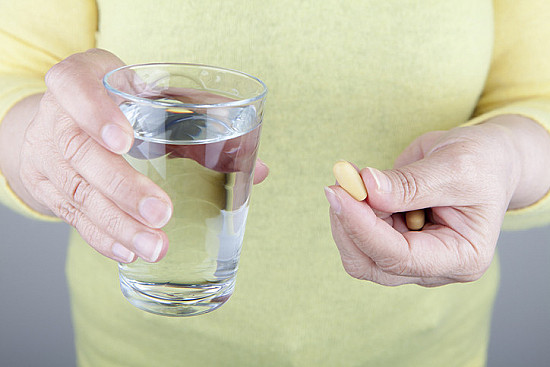
Popular combination of natural dessicated thyroid extract (DTE) are Naturethroid, NP Throid, Westhroid and Armour, each containing 38 mcg T4 and 9 mcg T3 per grain, and freely available in most countries.
Synthetic triiodothyronine (T3) is available as Thybon 20mcg per tablet, and may be used in combination with Eltroxin (T4) as an alternative to dessicated thyroid extract (DTE).
FAQS
What is Functional Medicine ?
Does it differ from Conventional Medicine ?
Yes !
Functional Medicine tries to identify root causes of a clinical condition, and explores options for appropriate and supportive management, rather than merely treating symptoms with a pharmacological agent. (ie drugs)
| Functional Medicine | Conventional Medicine |
| Patient centered approach | Disease centered approach |
| Personalised healthcare | Generalised symptomatic treatment |
| Explores root causes | A pill for every complaint |
| A holistic view of body function | Views body parts in isolation |
| Focus on disease prevention | Focus on disease treatment |
| Focus on health & longevity | Focus on symptom relief |
| Lab numbers are personalised | Lab numbers are population averages |
| Focus on the Person | Focus on lab numbers |
| Lifestyle considerations | Pharmaceutical considerations |
| Diet & Nutrition emphasized | Polypharmacy emphasised |
| Collaborative Dr consultation | Authoritative Dr consultation |
| Regenerative & Restorative | Symptom relief & Palliative |
| Proactive and supportive | Reactive & repetitive prescription |
Dr. Neville Wilson.
The Harbour Functional Medicine Clinic, Kilcock, Co Kildare, Ireland, 2018
Also read my following articles:
Why Eltroxin alone is often inadequate for treatment of Hypothyroidism (2021)
Your Thyroid Gland and Pregnancy (2018)
Why IODINE is important for your health ? (2018)
Hypothyroid – Detection, Diagnosis & Treatment (2016)
